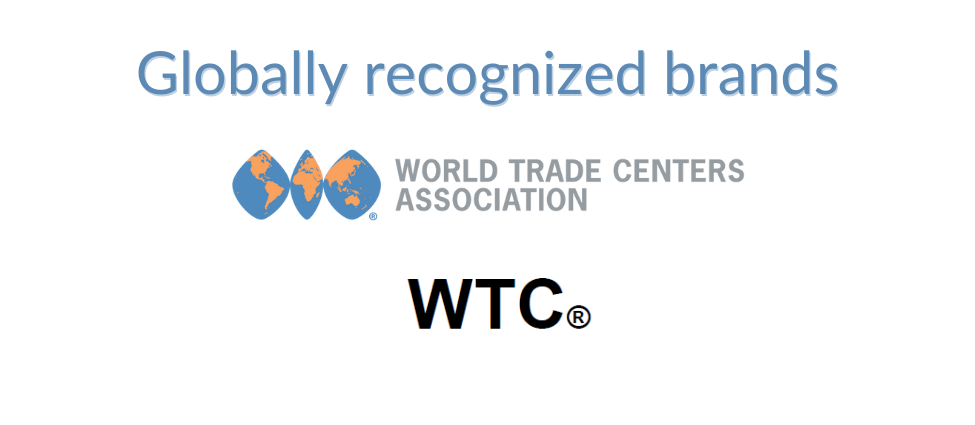
E-waste Management Rules in India Streamlined

MUMBAI, INDIA - A Workshop on ‘E-Waste Management – Challenges, Prospects and Strategies was organized by PHD Chamber of Commerce and Industry in association with All India Association of Industries (AIAI), and supported by Ministry of Environment, Forest and Climate Change, Government of India and World Trade Centre (WTC) Mumbai on December 20, 2016.
Mr. Nandkumar Namdev Gurav, Regional Officer, Technical, MPCB while addressing the workshop said, "Maharashtra is the first state to introduce inventorisation of e-waste in 2005. Maharashtra Pollution Control Board (MPCB) has introduced the enforcement policy for the E-Waste Management Rules 2016, which does not allow prosecution of defaulters. A field officer can only issue a show cause notice till it is heard by an official at a higher level of the PCB. Unlike the earlier rule of 2011, the revised Rules 2016 provides simplified procedure for authorization of e-waste recyclers, extending responsibility of waste management to refurbishers as well".
The key feature of the Rules is the introduction of the provision of the Extended Producer Responsibility (EPR) for effective channelization of E-waste to the registered dismantlers or recyclers.
Dr. N. J. Singh, Whole Time Director (EHS), DCM Shriram pointed out that India has emerged as the world's 5th largest electronic waste producer and it discards roughly 18.5 lakh tonne of e-waste every year wherein telecom equipment alone accounts for 12%. The industry must focus on environmentally sustainable and harmonized approach for recycling. Currently, 90% of e-waste is managed by the unorganized sector comprising unskilled kabaadiwallas (junk dealers). There is a pressing need to integrate this unorganized sector with the organized sector through skill development, he added.
Mr. B. K. Soni, Chairman & Managing Director, Eco Recycling Ltd. opined that the government must focus on the three Ts namely, training, transport and technology. The first T refers to imparting of skills on informal kabadiwalas about eco-friendly methods of e-waste management. The second T refers to investment in reverse logistics to transport e-waste from generation points to collection centres. The third T refers to use of cutting-edge technology to recover assets from e-waste.
Mr. Vijay Kalantri, Vice Chairman, WTC Mumbai said, "The government must provide amnesty scheme for micro, small and medium enterprises (MSMEs) not complying with the e-waste rules. Considering that 60% of the waste is generated in around 10 cities in India, the e-waste management drive must largely focus on metros. There are over 500,000 rag-pickers in Mumbai and the government must train them on efficient e-waste management practices. The industry and government must work together to create an effective legal framework to address e-waste menace by integrating formal and informal sector through training and skill development. The government must offer incentives such as tax rebate for industries to comply with e-waste rules and appoint a celebrity ambassador to promote best practices in this area”.
In Photo (L-R): Mr. Vijay Kalantri, Dr. N. J. Singh and Mr. B.K. Soni.
To learn more about WTC Mumbai, please click on the source link below.
